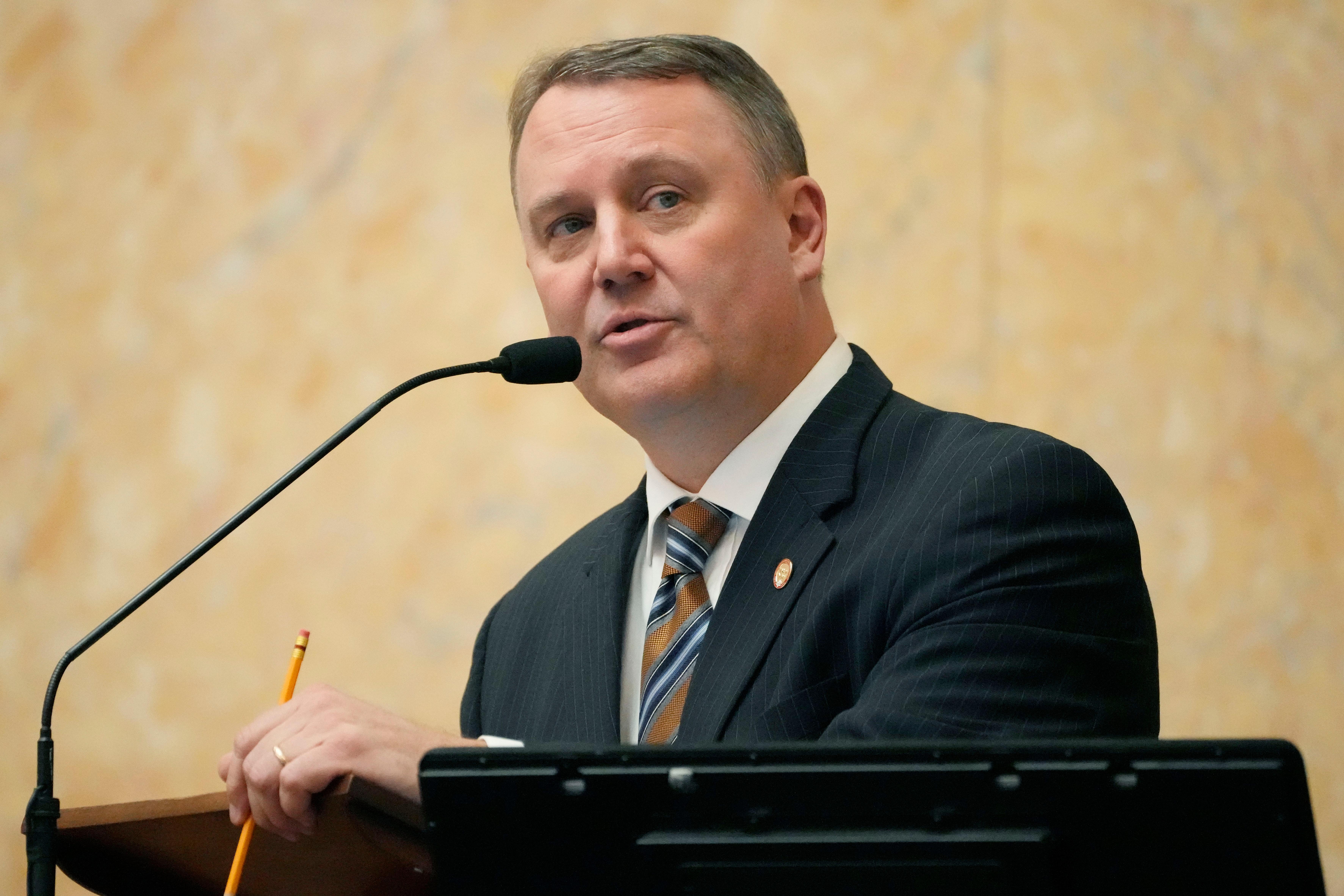Mississippi House Speaker Jason White says lawmakers in his chamber will propose legislation during the 2025 session to give some parents the ability to use public money to send their kids to private schools.
White, a Republican from West, has been open about his support for giving parents more control over the funding the state allocates for their child’s education. But a Tuesday appearance at the Empower Solutions Summit is the first time he has spoken publicly about an upcoming proposal for a pilot Education Savings Account program.
This program will be limited and focused on children attending low-performing public schools, according to White. He says it’s needed to get the state to the point "... Where we're not just saying ‘tough, make the best of it. You're in a failing district. You should have chosen somewhere better to live.’”
If passed, the state’s portion of education funding for students in the program would be put into an Education Savings Account. Their legal guardian would then be able to use those funds to pay for allowable expenses, like private school tuition.
On Tuesday, White said many details, like how much the pilot program would cost, who’d be eligible for it and what expenses would be allowed, still needed to be ironed out. But he said he’s determined to make a robust conversation about school choice a feature of the 2025 legislative session.
“The answer’s always just been, ‘no, we’re not going to talk about it,’” White said. “We’re going to talk about it. We’re going to have legislation that goes down that road.”
White has also said he wants to see legislation passed allowing public school students to transfer to any other public school that will accept them.
During the 2024 session, a universal school choice bill was introduced by House Education Chair Rob Roberson, R-Starkville. The bill was later amended to create a committee to study, but it was never brought up on the House floor.
Critics of school choice policies say they’re bad for children and taxpayers because of the high potential for fraud and waste in school choice programs because non-public schools aren’t subject to the strict regulations public schools are.
“They're (private schools) allowed to operate in secret with no accountability to the public at all,” Nancy Loome, Executive Director of the public education advocacy group The Parents’ Campaign, said. “We have no idea if they have any standards at all to which they are holding children and have no audits of their finances.”
More than half of U.S. states allow at least some parents to use public money for a non-public education. Mississippi has had a school choice program for special needs children since 2015. Lawmakers have increased oversight of the program multiple times over the years, including during the 2024 session when a requirement for private schools to report the academic progress of children in the program was included in a bill that extended the program through 2027.
White also said education-related legislation from the House will include the creation of a public dashboard that makes accountability data for public schools more accessible.
“Parents should be able to really look at it and drill down on ‘okay, this district is a C, but let me see what my child's school is doing in reading, because my child is struggling there,” White said.
Any program passed by lawmakers that allows public money to subsidize private education would almost certainly face legal challenges. The Constitution of Mississippi prohibits public money from going “to any school that at the time of receiving such appropriation is not conducted as a free school.”



